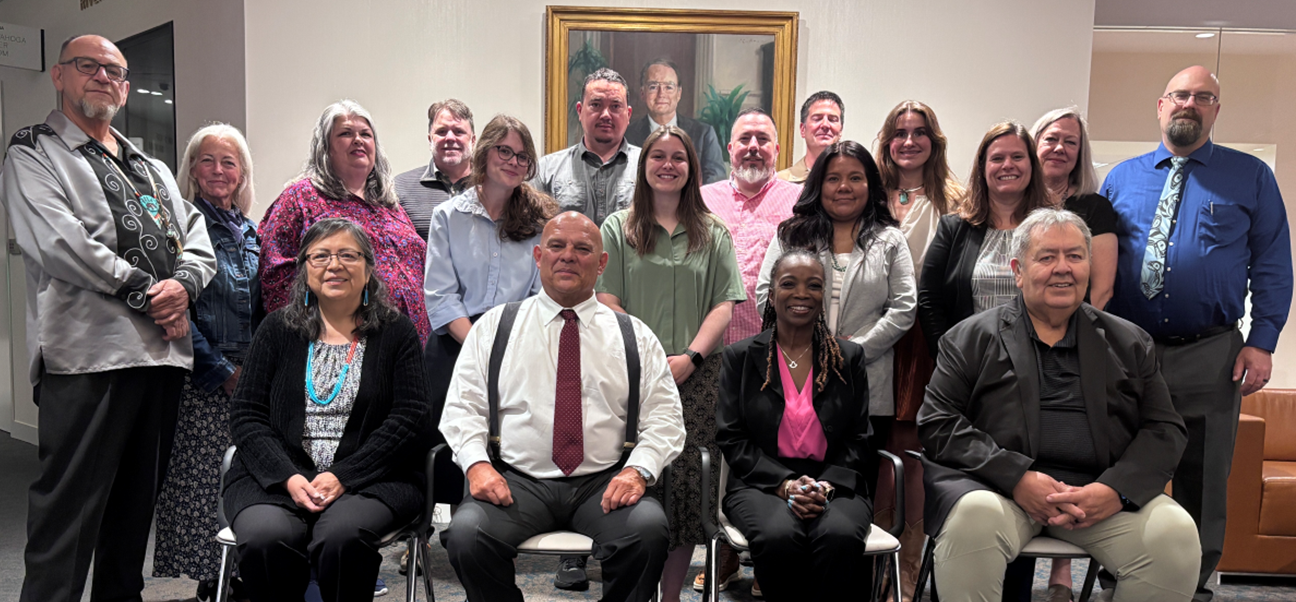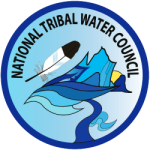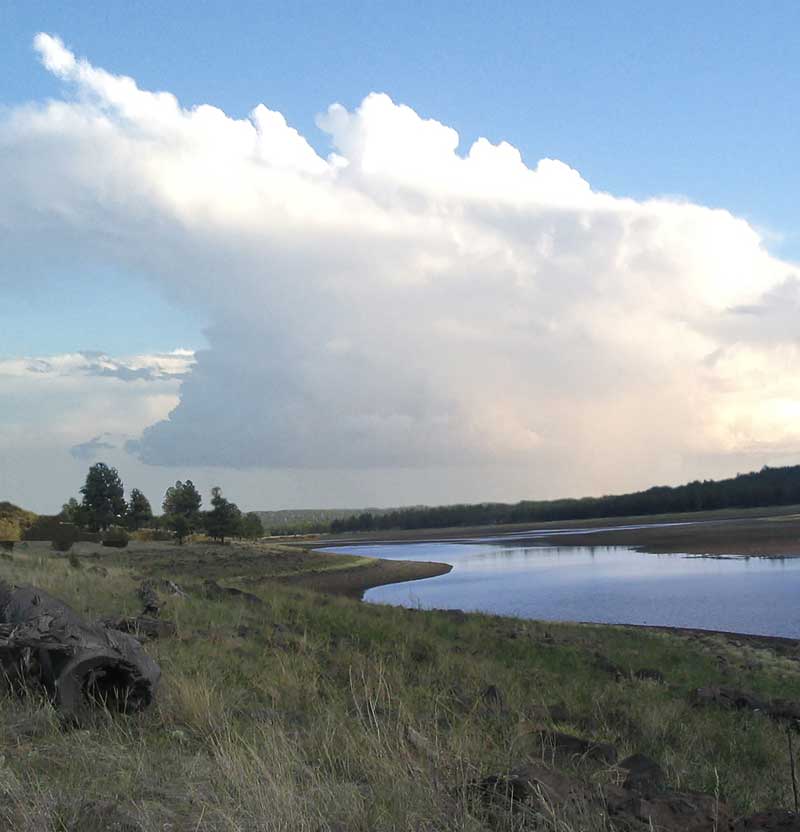National Tribal Water Council (NTWC)
About Us

Our Mission
“To advocate for the best interests of federally recognized Indian and Alaska Native Tribes, and Tribally-authorized organizations, in matters pertaining to water quality. To advocate for the health and sustainability of clean and safe water, and for the productive use of water for the health and well-being of tribal communities throughout Indian Country. As early as 2003, both the National Tribal Caucus (NTC) of the National Tribal Operations Committee (NTOC) and the Environmental Protection Agency (EPA) Office of Water recognized the need for a body of tribal water professionals who could provide technical and scientific input to both the NTC and EPA.”
Our History
Indian Tribes and Alaska Native Tribes use water resources for drinking, fishing, subsistence, and ceremonial uses, among others. There are challenges in protecting tribal resources for tribal communities and members. To support and enhance tribal efforts, the U.S. Environmental Protection Agency (EPA) Office of Water developed a cooperative agreement to seek input and support a national council of tribal representatives with technical expertise in tribal water programs focusing on water in Indian Country that is consistent with the Clean Water Act and the Safe Drinking Water Act. The formation of that council became the National Tribal Water Council (NTWC).
Key Dates:
- 2004: EPA Office of Water announced a Request for Assistance (RFA) for the NTWC.
- 2005: EPA awarded the first cooperative agreement to Kathleen S. Hill (J.D., LL.M.) and Joseph Dupris (Ph.D., J.D.).
- 2008: Formation of NTWC members comprised of tribal water professionals.
- 2014: NTWC developed and approved its Bylaws.
- 2022: NTWC released its publication “A Guidebook for Developing Tribal Water Quality Standards”
- 2024: NTWC amended its Bylaws
In 2017, the Institute for Tribal Environmental Professionals (ITEP) was awarded a five-year cooperative agreement to support the NTWC. During this period, the NTWC developed and released “A Guidebook for Developing Tribal Water Quality Standards.” Additionally, the Tribal PFAS Working Group was formed under the auspices of the NTWC as one of the participating tribal partnership groups. Today, the Tribal PFAS Working Group is comprised of six tribal partnership groups.
In fall 2023, the ITEP was once again awarded the cooperative agreement to support the NTWC. Under the five-year cooperative agreement, the NTWC’s membership was expanded to include a representative from Region 3 and another At-Large position for a full 17-member council.
NTWC Bylaws [pdf]
NTWC New Member Criteria
The following criteria shall be used to determine the qualifications of applicants for membership on the NTWC:
- Members of the NTWC must have a vocational/professional background and previous or current hands-on water related expertise in Indian Country.
- Members of the NTWC must be employed by a federally recognized Tribe or tribally authorized organization, and have the support and consent of their employer to participate in the activities of the NTWC. (A tribally authorized organization must provide adequate documentation of the existence of its authority.)
- Members must be willing and able to provide oral and written scientific and, as appropriate, culturally based opinions on water-related issues confronting Indian Tribes and Alaska Native Tribes.
- Members must be willing to review and discuss water-related issues in Indian Country with a perspective that will enhance the efforts of the NTWC, EPA, Indian Tribes, and Alaska Native Tribes to improve the health and safety of Tribal communities.
- Members must be willing to faithfully participate in the monthly virtual calls and attend two (2) annual in-person meetings of the NTWC.
- Members must be willing and able to share information and explain to third parties the goals and purposes of the NTWC.
NTWC Member Recruitment
Accepting applications until filled
The National Tribal Water Council is now accepting applications from tribal water professionals employed by a federally recognized Tribe or tribally authorized organization to fill three (3) vacancies.
Region 3 Representative
Open to tribal water professionals employed by a federally recognized Tribe or tribally authorized organization in Region 3 (Delaware, District of Columbia, Maryland, Pennsylvania, Virginia, & West Virginia).
Region 5 Representative
Open to tribal water professionals employed by a federally recognized Tribe or tribally authorized organization in Region 5 (Illinois, Indiana, Michigan, Minnesota, Ohio, and Wisconsin).
At-Large Representative
Open to tribal water professionals employed by a federally recognized Tribe or tribally authorized organization in the United States (Regions 1 through 10).
Tribal water professionals with knowledge in the Clean Water Act (CWA) and Safe Drinking Water Act (SDWA) are encouraged to apply. Also, an applicant with a background in water infrastructure, drinking water, wastewater, and operations and maintenance, is strongly encouraged.
A copy of the recruitment packet is available by clicking HERE. Interested candidates must submit the following: application form, letter of interest, and professional resume. To express your interest or obtain more information, please contact Elaine Wilson at Elaine.Wilson@nau.edu
CONNECT WITH US
Elaine Hale Wilson, CPM
Manager
Elaine.Wilson@nau.edu
480-452-6774
Your tax deductible donation supports ITEP’s programming efforts.
Please contact us if you would like to contribute to our endowment or for any additional information regarding donations.



